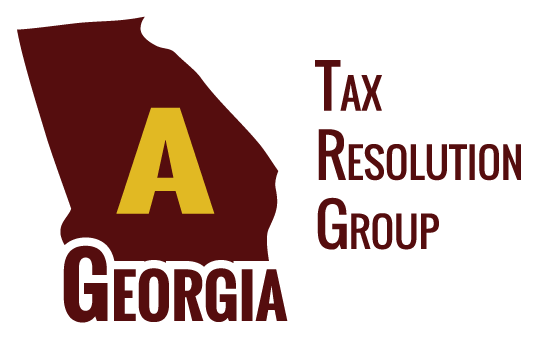Tax Help
Tax Lien & Levy Relief
The tax relief process is daunting; however, neglecting to pay your tax liabilities can have severe consequences. The Internal Revenue Service (IRS) has the right to:
- Levy any property or right to property you own or have interest in.
- Declare a federal tax lien against your property including real estate, personal property, and financial assets.
- Impose unexpected wage garnishments to you earned income.
What is the difference between a tax levy and a tax lien? A lien is a legal claim against property to secure payment of taxes owed, while a levy actually takes the property to satisfy the taxes owed.
What types of assets can the Internal Revenue Service (IRS) seize? The IRS may levy (seize) assets such as wages, bank accounts, social security benefits, and retirement income. The IRS also may seize your property (including your car, boat, or real estate) and sell the property to satisfy the taxes owed. In addition, any future federal tax refunds or state income tax refunds that you're due may be seized and applied to your federal tax liability.
If you have received a Notice of Intent to Levy, act now. Give our experts a call immediately at 470-753-9754.
Innocent Spouse Relief
If your spouse has an outstanding tax issue or a federal tax and you file your taxes using the Married-Filing-Joint tax status, the Internal Revenue Service (IRS) can apply your joint refund to an outstanding taxes owed, which is defined as an “offset”. Additionally, the IRS can commence a collection action against you for the outstanding tax owed or federal tax. These tax liabilities can include but are not limited to child support, spousal support, or a federal tax issue (e.g., student loans). If you are not legally responsible for the past-due amount, you may be entitled to request relief from a joint liability, depending on the facts of the situation.
Non-Collectibles
At times, we are placed on financial hardships due to situations beyond one’s control. If the Internal Revenue Service (IRS) agrees that you cannot both pay your taxes and your basic living expenses, the IRS may grant a payment deferral to place your IRS account in Currently Not Collectible (CNC) status.
When declaring a financial hardship, what standards does the Internal Revenue Service (IRS) typically consider as basic living expenses? Housing and utilities (mortgage or rent, property taxes, interest, insurance, maintenance, repairs, gas, electric, water, heating oi, garbage collection, residential telephone, cell phone services, cable television, and internet service), transportation (loan and lease costs, operating cost include: maintenance, repairs, insurance, fuel, registrations, licenses, inspections, parking and tolls), Out-of-Pocket healthcare expenses, Food costs, and Clothing.
